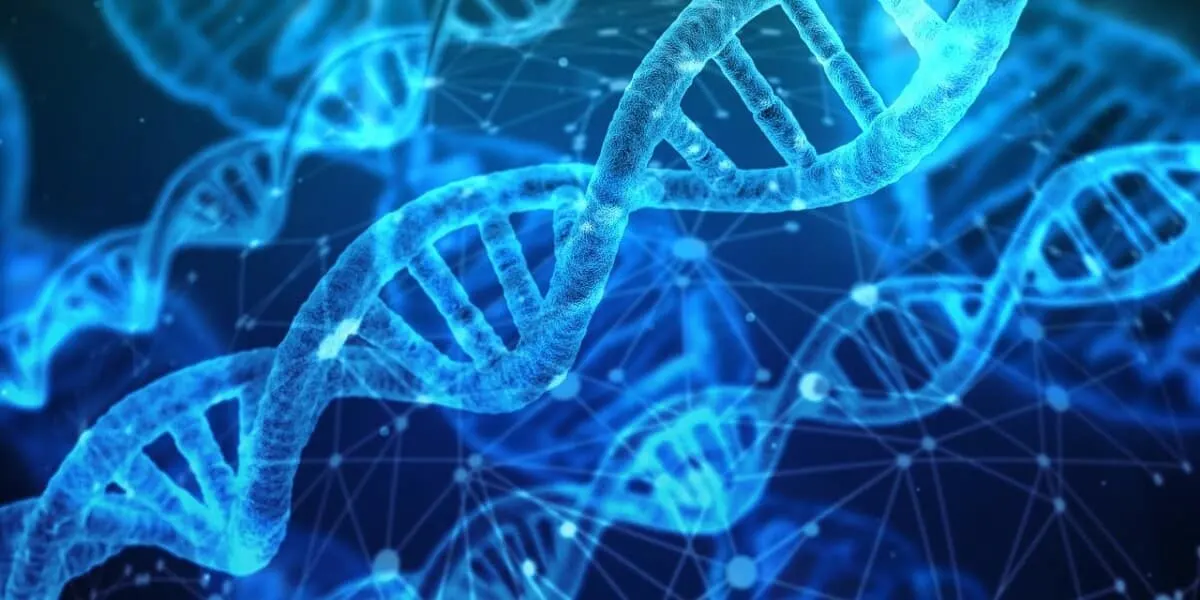Deoxyribonucleic acid (DNA) and ribonucleic acid (RNA) are two examples of nucleic acids. These macromolecules, along with proteins, complex carbohydrates, and lipids, are necessary for organisms. DNA is essential because it contains all of the genetic information for every life form, but what about DNA replication? In order for cells to divide and multiply, the …
Science
Various chemical reactions can occur naturally or with added energy, and exergonic and exothermic are the two types of energy-releasing reactions. These chemical reactions are key components of thermodynamics, as they involve the transfer of energy with heat as a product. Even though they describe very similar reactions and processes, the terms are not synonymous, …
Since the late 19th and early 20th century, recommendations for a healthy diet have changed repeatedly. Food groups have shifted and changed since the early 20th century, so what are the different types of food? Food types are now grouped into what we know as the five food groups, although this has varied from four …
Over the past 20 years, acetic acid has become a highly in-demand global commodity used in the chemical and food industries, among others. With a growth projection in the billions, measurements are important for this substance, so what is the molar mass of acetic acid? The molar mass of acetic acid is 60.06 g/mol. Molar …
Birds, those beautiful and sometimes terrifying creatures, have been fascinating the human species for thousands of years. Scientists are busy teasing out just how long birds have been on earth. Many learning the classification of animals might wonder, “Are birds mammals?” Birds are not mammals. Birds are vertebrates, classification, Aves. They walk on two legs, …
Health and safety concerns about what we eat and drink and the environmental impact of food are only a few factors driving the organic industry. While sales rise steeply, ambiguity remains about what organic means. For example, is water organic or inorganic? Water is an inorganic compound since it doesn’t contain carbon, nor was it …






